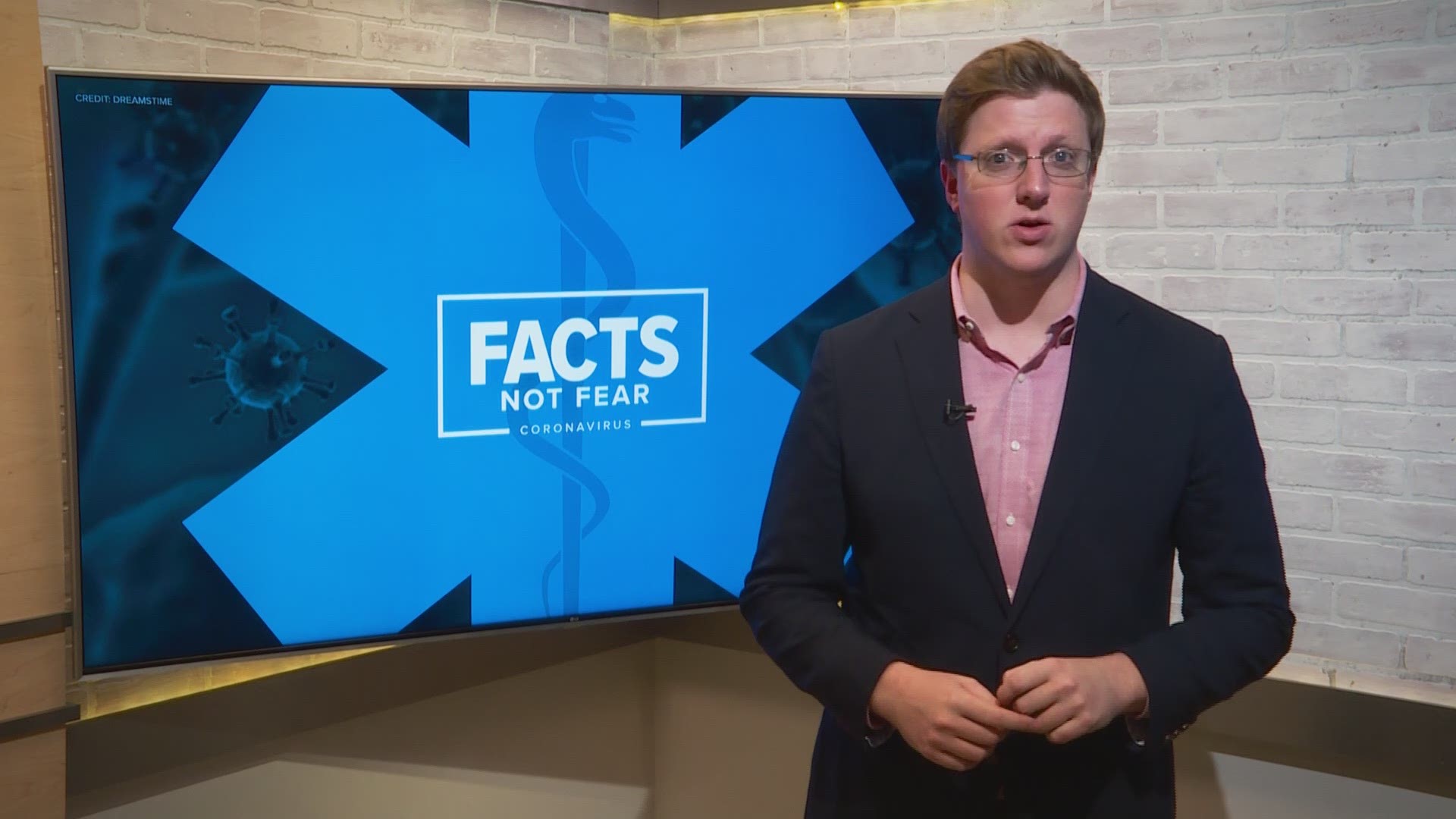MEMPHIS, Tenn — The annual St. Patrick Day parade in downtown Memphis is being postponed “out of an abundance of caution” over coronavirus.
The Beale Street Merchants Association posted to its Facebook page that the parade is being postponed until April 11th.
From the Facebook post:
“Out of an abundance of caution, the Beale Street Merchants and Beale Street Management have made the decision to POSTPONE our annual St. Patrick’s Day parade until April 11, 2020, at 2 pm. We believe this delay will allow all of our parade guests to enjoy the celebratory atmosphere of the event, without the added health concerns of the current climate.
Beale Street continues to support the City’s efforts to prevent the spread of illness in our community. These efforts include best practices, such as frequent hand-washing, developed as part of the Centers for Disease Control and Prevention (CDC) Protocol. However, we want to reiterate that Beale Street is OPEN, Downtown Memphis is OPEN, and we are still welcoming all visitors and guests! (For the time being, we will just be welcoming you with an elbow bump or jazz hands, rather than a handshake or hug!)
-Beale Street Merchants/Beale Street Management”
---------------------------------------
Coronavirus in Context:
The majority of people who have coronavirus will get better without any long-term effects, according to an Oregon doctor. About 80% of cases tend to be mild. In these cases, symptoms diminish over five to seven days, although people are still capable of transmitting the disease. But there are many people with a higher risk of having a more severe disease if they are diagnosed with coronavirus, including those with heart disease, diabetes, asthma and other vascular disease problems.
Also, most children who get it have mild symptoms.
WHO officials said March 9 that of about 80,000 people who have been sickened by COVID-19 in China, more than 70% have recovered and been discharged from hospitals.
Patients are typically released when they test negative twice for the virus within 24 hours, meaning they’re no longer carrying the virus, although some countries may be using a slightly different definition, that may include when people have no more respiratory symptoms or a clear CT scan.
The World Health Organization said it could take considerably longer for people to be “recovered,” depending on the severity of disease.
Dr. Mike Ryan, the World Health Organization's emergencies chief, said it can take up to six weeks for people to fully recover from COVID-19 infections, which could include pneumonia and other respiratory problems in serious cases. He said the numbers of reported patients have not always been systematically provided to World Health Organization although the U.N. health agency is asking every country with cases for further information.
To put the coronavirus numbers in context, millions of Americans get the flu every single year and there are thousands of flu deaths annually.
Since October 2019, the CDC estimates around 32 million Americans have gotten the flu. That’s one in every 10 Americans.

